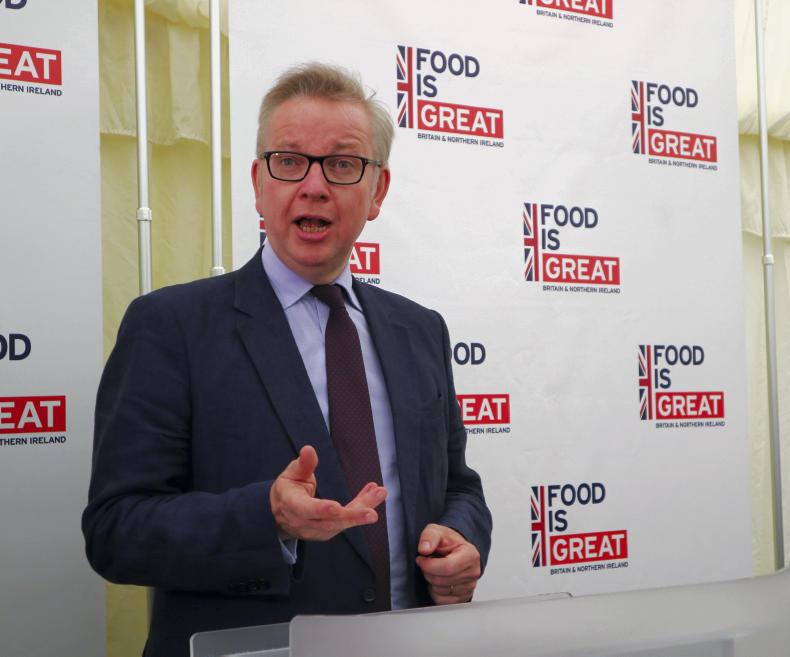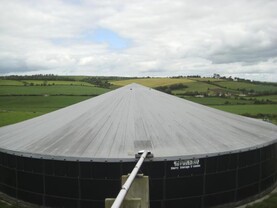The transition of moving UK farmers from the EU’s Common Agricultural Policy (CAP) to a domestic UK agricultural policy will depend on the outcome of Brexit negotiations, Defra Secretary of State Michael Gove has said.
Speaking at a House of Lord’s sub-committee last week, Gove said that the UK would not necessarily withdraw from CAP once it leaves the European Union in March 2019.
“Regarding the common agricultural policy, I think that it would be sensible for us to have a maximum degree of regulatory freedom at the moment we leave the EU, but of course this is a matter, as everything is, for negotiation,” he said.
The government has committed to keeping the total CAP fund paid to UK farmers under pillar I and pillar II at current levels until 2022, however the distribution of this money remains unclear.
“There will probably be a transition period for farm support, during which we do everything to ensure that existing farm businesses have broadly the same level of support in cash terms for quite some time,” Gove told peers last week.
“Support for farmers based on the size of the agricultural holding should probably be capped.
No cap on amount for services
“I don’t think there should be any cap on the amount of money that people receive for providing environmental services,” Gove said.
Peers were told that farms support would increasingly move towards paying farmers delivering “public goods”, such as high environmental and animal welfare standards, as well as public access to land. Gove also said that thought was being given to schemes protect farmers from market volatility, through changes to the tax system or introducing government-run insurance schemes.
“I hope that we will be able produce a command paper outlining a direction of travel before very long,” he added.






 This is a subscriber-only article
This is a subscriber-only article









SHARING OPTIONS: